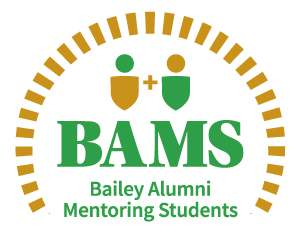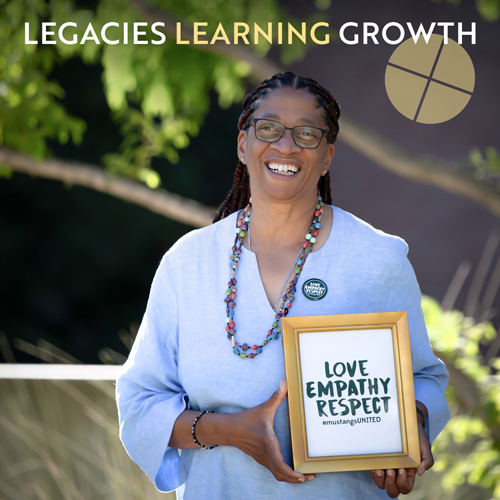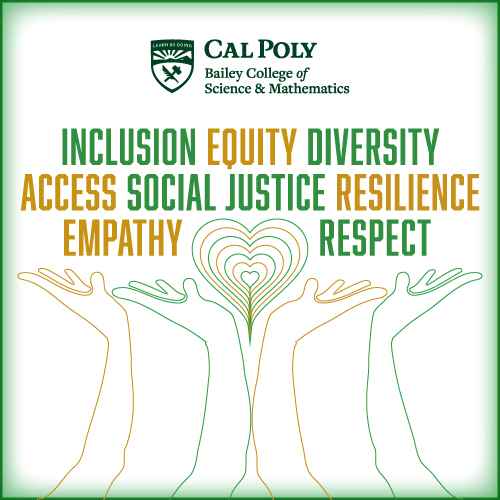Statistics in the Stacks: An Internship at the Library of Congress
BY STEPHANIE MENDOZA, SENIOR STATISTICS MAJOR

People often ask me, “What do you plan to do with your statistics major once you graduate?” I spent the summer as a data analyst intern at the Library of Congress in Washington, D.C., where I learned that government agencies need statisticians, and that I have the knowledge and skills to pursue a career in that sector.
My knowledge of statistical software programs and data analytics deeply impressed my future supervisors during the interview process. In my statistical software courses, I earned my advanced certification in a program called SAS and also learned a language called SQL. My supervisors appreciated my background in such up and coming programs and assigned me to many different projects because of this experience.
Statistical consulting was one of the most important skills that I learned at Cal Poly and applied at my internship. The statistics capstone course is a rigorous consulting course, and we do statistical analysis for several real clients. In this class, I communicated complicated statistical concepts to non-statisticians. The department I interned in, Congressional Research Services, was not statistics-based,so these communications skills were important.
 My colleagues in the department had years of experience, but I realized early on that they hired me to bring new perspectives and education into the workplace. I learned that I contributed more when I challenged traditions and suggested new methods.
My colleagues in the department had years of experience, but I realized early on that they hired me to bring new perspectives and education into the workplace. I learned that I contributed more when I challenged traditions and suggested new methods.
One area of improvement I focused on was career networking. I was hired through an internship program called Hispanic Association of Colleges and Universities. Before my first day of work, HACU hosted several workshops to give interns an idea of what to expect in the workplace, along with professional development tips.
These workshops provided critical preparation, and I utilized many of the tips to encourage myself to network within different government agencies. I attended lunches and meetings with people throughout the Library of Congress to learn more about their departments and their work. I also attended networking events at other agencies like the FBI and the USDA and got advice from HACU alumni who had turned their internships into full-time careers. I am grateful for the support system that HACU provided and the friendships and career connections that I made.
Most importantly, I gained a sense of confidence in my own education and capabilities. I now know that I bring a unique perspective to the workplace and have skills and intelligence that employers are looking for. This internship inspired me to apply to graduate school and eventually pursue a career in a government agency.





